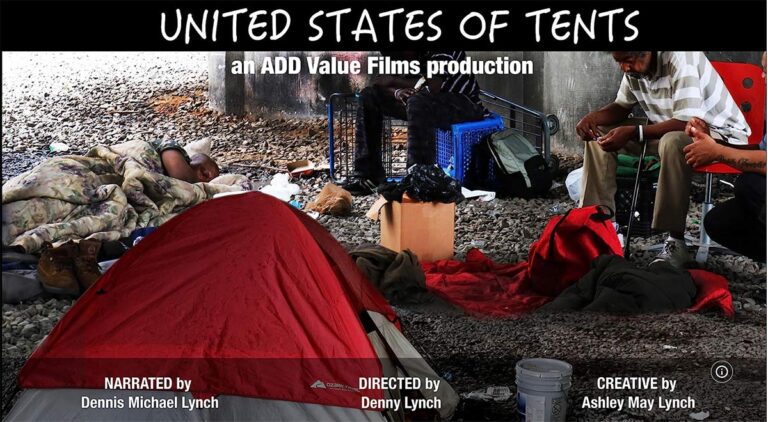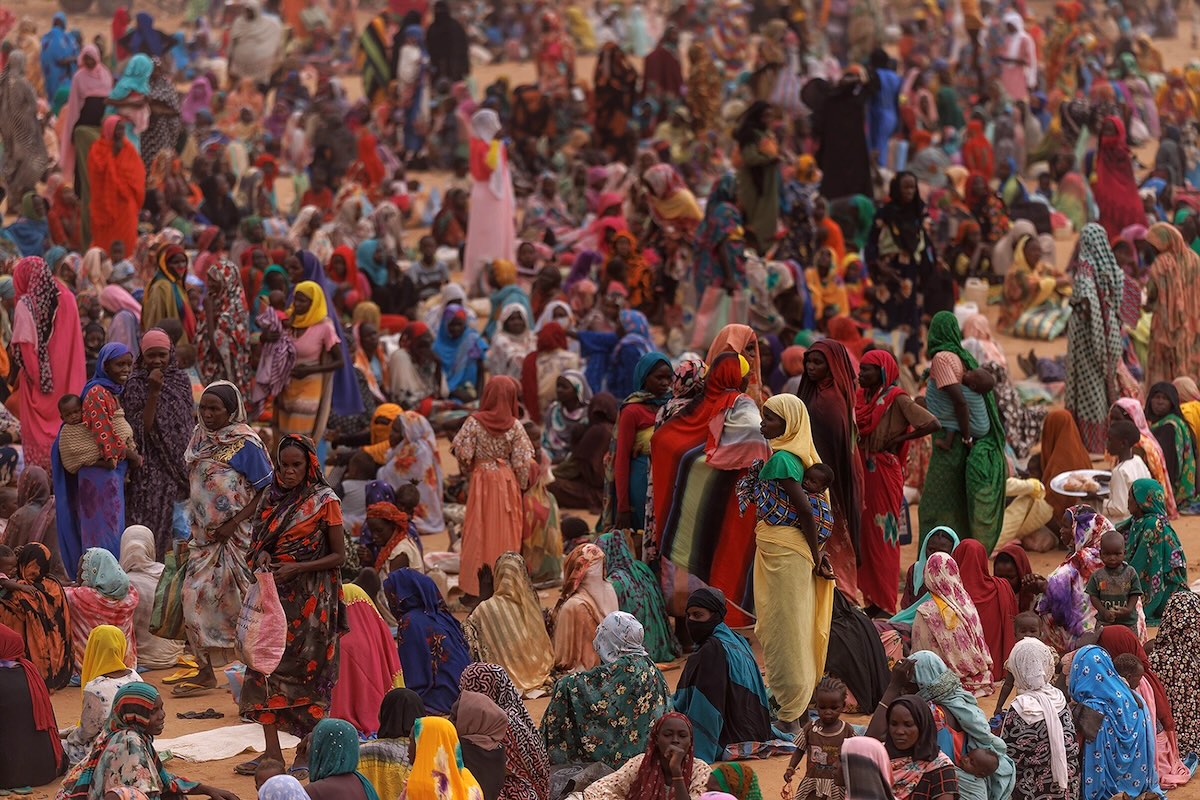This week in Clear Actions, we begin a narrative journey to heighten our awareness about the housing crisis in Oregon. In this first segment, we kindly request that people take the time to view United States of Tents, directed by Dennis Michael Lynch, that takes viewers through several tent cities and features interviews with leaders in advocacy and residents of the camps. The film promises to be an eye-opening experience for anyone unaware of the scale of the housing crisis and some remarkable solutions already underway in over 100 cities across the country.
Here in the Rogue Valley, there exists a common misconception that all unhoused people are drug addicts and that they’ve caused their own financial ruin, landing them without shelter or adequate food resources. The policies and practices currently adopted by municipalities in Oregon, even those with good intentions, can have an effect of criminalizing people without homes, and furthering the gap of “otherness” between those who live in homes and those who do not.
In reality, many people and families face insurmountable hurdles to finding stability, including unattainable rental prices, low wages and higher food costs. Coupled with reduced food stamp benefits and work requirement barriers to services scheduled to begin in July, we can expect more, not less families living without the security of food and shelter.
While effective organizations including OHRA and others in our community have received plentiful resources to support transitional housing, and while housing advocates work every day to secure more affordable housing locally, there exists a growing number of people with urgent needs. Public sentiment to the escalating issue has become callous to houseless people and families. Just scroll over to NextDoor if you want to read what your neighbors are saying.
We find it critical that we embark on this journey together in a series of articles leading up to a community dialogue on the topic. Our goal is to educate ourselves about the harsh reality of disparity when it comes to income and unearned privileges many of us take for granted. We will look not only at the problems, but also the creative solutions being raised by local governments and organizations, in an effort to support initiatives that maintain dignity for people living without shelter while addressing issues that plague our local community. We hope you will watch the film, and let us know what you think.
Please write editor@peacehouse.net if you have trouble accessing the film.


